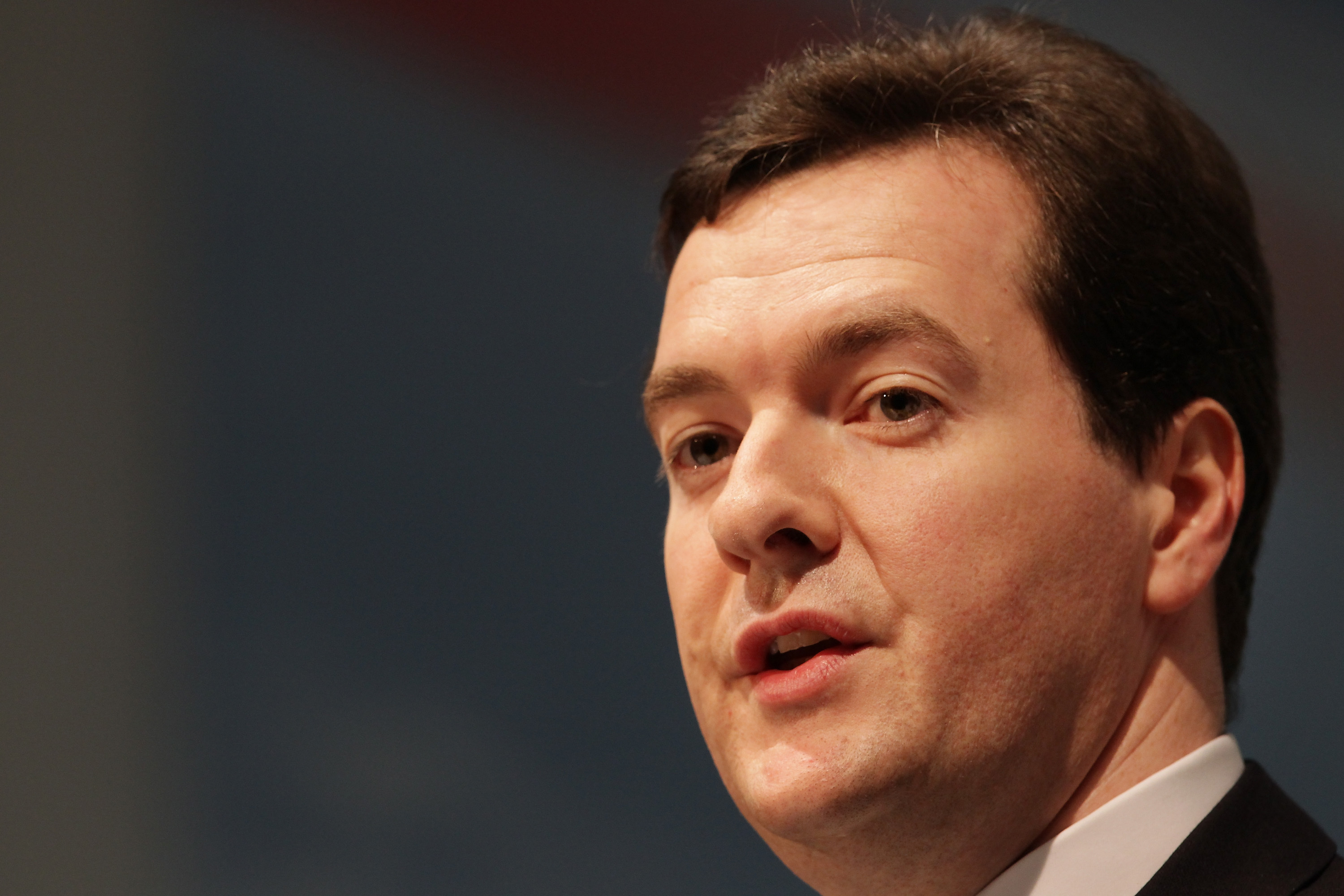 Our Submarine Chancellor has bobbed to the surface today, and to perform a fairly
important function: explain Britain’s position in relation to the sinking eurozone. Here, harvested from his appearances on the Today Programme and in the House, is my five-point guide
to what that position is:
Our Submarine Chancellor has bobbed to the surface today, and to perform a fairly
important function: explain Britain’s position in relation to the sinking eurozone. Here, harvested from his appearances on the Today Programme and in the House, is my five-point guide
to what that position is:
1) Yesterday was only a start. Not for Osborne the “new day” hyperbole of the Greek Prime Minister, George Papandreou. No, the Chancellor has been more cautious about the Eurodeal struck last night — and rightly so. Although he did say in the Commons that “The deal put together is much better than was expected yesterday afternoon,” he did hasten to add that “much detail remains unresolved.” More specifically, Osborne believes that particular progress has been made on recapitalising Europe’s banks, but that more needs to be done to effect the write-down of Greek debt.
2) The underlying problems in Europe. Osborne’s performance on the Today programme contained a neat summary of those broader dilemmas that Stephanie Flanders was discussing,
in greater detail, on her blog yesterday. It’s worth jotting down, so here it is:
3) Talkin’ ’bout fiscal integration. Osborne has been pushing for greater fiscal integration of eurozone members for months now, and he has done so again today. “If the solution is to last,” he urged earlier, “then the members of the euro also … need to address the logic of monetary union by pursuing greater fiscal integration within the eurozone — while at the same time we protect Britain’s interests.”“[Europe has] to tackle two problems. One is the problem that we have as well, which is how do you make the European continent — how do you make countries like Britain, France, Germany, as well as Italy, Spain and Greece — more competitive against the likes of China. And that is a challenge for the entire continent, and I think the European Union has a role to play in strengthening its single market, promoting free trade and helping all businesses in Europe complete. But there is a second, very particular challenge within the euro, which is how do the so-called peripheral economics, like Greece and Spain and Italy, become more competitive vis-à-vis Germany. And that is an essential part, also, of making the euro work.”
Ah, protecting Britain’s interests. Just like other ministers this week, Osborne has struggled to define exactly what that means — but, on a more abstract level, the possibility of a two-speed Europe must both alarm and entice the Chancellor. The economist in him will, as Paul Waugh suggests, worry about what it would mean for the City. Whereas the political strategist in him would welcome the excuse to renegotiate Britain’s relationship with the Continent.
4) It started in Europe. Okay, so it is true that the collapse of the euro could have terrifying repercussions for Britain. But it’s still telling just how much emphasis Osborne has placed on that fact today. “The crisis in the Eurozone,” he deadpanned in the Commons, “is having a chilling effect on economic growth in many countries — including our own.” And, even more striking, he claimed that: “the decisive resolution of this crisis would provide the single biggest boost to the British economy this autumn, while the break-up of the Euro would be the single greatest threat to our prosperity.”
Which is to say, Osborne is now presenting the restoration of the euro as perhaps the most important component of our own growth agenda. Hm.
5) More British cash, or not? Osborne was very clear in his Commons statement that British taxpayers’ cash would not go towards the souped-up Greek bailout, nor would it go towards any special IMF package for the eurozone. The IMF, he said, is perfectly welcome to advise Europe on any continental debt-flogging mechanisms, but it “cannot put it its own resources in — it can only lend to countries with a programme for adjustment.”
But that doesn’t mean we will avoid further costs arising from our IMF obligations. Osborne admitted that “There may well be a case for further increasing the resources of the IMF to keep pace with the size of the global economy.” And he repeated his promise from two weeks ago, that “Britain stands ready to consider the case for further resources and contribute with other countries if necessary.” Christine Lagarde will not shun the offer, you can bet.







Comments